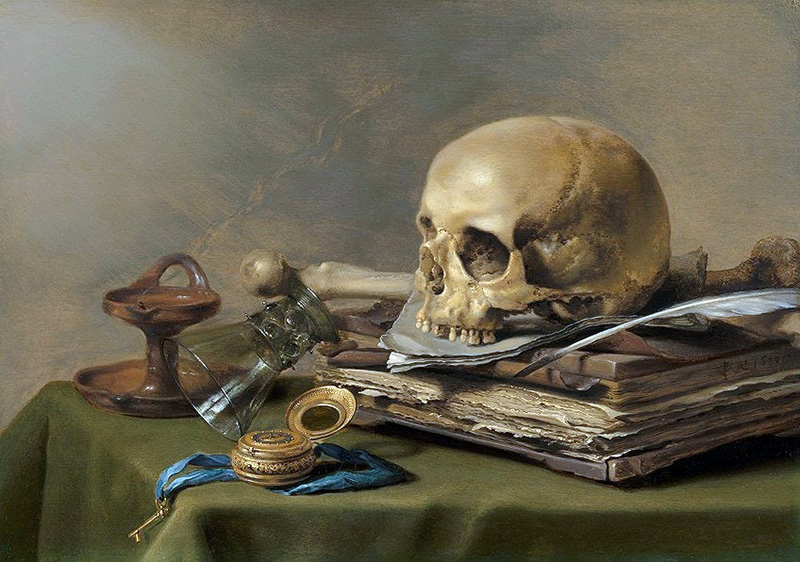"The lowest trees have tops, the Ant her gall"
The lowest trees have tops, the Ant her gall,
the flie her spleene, the little sparke his heate,
and slender haires cast shadowes though but small,
and Bees have stings although they be not great.
Seas have their source, and so have shallowe springs,
and love is love in beggers and in kings.
Where waters smoothest run, deep are the foords,
The diall stirres, yet none perceives it move:
The firmest faith is in the fewest words,
The Turtles cannot sing, and yet they love,
True hearts have eyes and eares, no tongues to speake:
They heare, and see, and sigh, and then they breake.
***
The Sheepheeards Description of Love
MELIBEUS
Sheepheard, what’s Love, I pray thee tell?
FAUSTUS
It is that Fountaine, and that Well,
Where pleasure and repentance dwell.
It is perhaps that sauncing bell,
That toules all into heaven or hell,
And this is Love as I heard tell.
MELI.
Yet what is Love, I pre-thee say?
FAU.
It is a worke on holy-day,
It is December match’d with May,
When lustie-bloods in fresh aray,
Heare ten moneths after of the play,
And this is Love, as I heare say.
MELI.
Yet what is Love, good Sheepheard saine?
FAU.
It is a Sun-shine mixt with raine,
It is a tooth-ach, or like paine,
It is a game where none dooth gaine,
The Lasse saith no, and would full faine:
And this is Love, as I heare saine.
MELI.
Yet Sheepheard, what is Love, I pray?
FAU.
It is a yea, it is a nay,
A pretty kind of sporting fray,
It is a thing will soone away,
Then Nimphs take vantage while ye may:
And this is love as I heare say.
MELI.
Yet what is love, good Sheepheard show?
FAU.
A thing that creepes, it cannot goe,
A prize that passeth too and fro,
A thing for one, a thing for moe,
And he that prooves shall finde it so;
And Sheepheard this is love I troe.
From Penguin Book of English Verse


Leave a Reply